
I’m moved to write this post because of an amazing training experience I had over the weekend here in New York City, offered by Michael Barnett, Director of the Atlanta Center for Emotionally Focused Therapy and Jim Thomas, Director of the Colorado Center for Emotionally Focused Therapy.
Every time I do more training in EFT, I’m reminded about how magical this work is, and I become more committed to it.
If your relationship is in trouble, go find yourself an Emotionally Focused Therapist today!
The training I went to was about Addictions and Emotionally Focused Therapy.
Read on about what to do when addiction impacts your relationship.
Let me let you in on a little secret:
Before this training I thought I wasn’t supposed to do couples therapy with people abusing substances.
And yet, I live in NYC, and there is a bar on every corner. In my practice, I see a lot of couples who abuse substance.
Sometimes I’m weeks into working with a couple, and then I learn that more substance abuse was happening more than I realized, despite asking about it in the beginning of our work together.
And guess what?
I keep seeing them. Of course.
Let me be clear, if the person abusing substances is clearly putting their life or those of others imminently in danger and needed detox stat, or more serious help than I can offer, of course I make recommendations, but that situation is much less common than the person whose recreational use has become a problematic pattern and may not even realize it.
Since learning EFT, I’ve known that substance abuse can be as devastating to a relationship as an affair.
And if someone is having an ongoing affair, Emotionally Focused Couples therapy is not the place to start.
Even though all affairs are not black and white, substance abuse is even more gray.
Furthermore, we get into tricky territory when one person sees it as a problem and the other person sees it as no problem.
So what should you do if you are having a problem seeing eye to eye on this issue?
For example, you see your partner’s substance abuse as a big problem, and they just don’t.
Chances are that your problems then become bigger than the substance abuse problem itself, despite the substance abuse being such a huge problem on its own.
Here’s why:
When substance abuse becomes a problem for someone, the substance can take the same place in their brain as their partner.
Here’s what I mean: Some of the same neurological chemicals – like dopamine, which is largely involved with motivation and reward – are involved with drugs and with love.
But, here are some differences between the substance of abuse and a person:
- The substance will always be there.
- The substance doesn’t yell at them.
- The substance doesn’t nag.
- The substance doesn’t judge them.
- The substance doesn’t remind them of how they are always failing in its eyes.
In short, the substance can feel safe, when someone’s partner can feel rejecting, and therefore dangerous.
A terrible negative cycle then develops between you and your partner
You are left feeling abandoned because your partner withdraws and uses, and you get pissed.
Understandably.
And the more you blow up, the further away your partner wants to get from you, and the more they turn to drugs or booze, and the angrier you get.
Around and around you go.
Fortunately, you can get help for it
But unfortunately, it can be difficult to convince your partner to get help for the substance abuse problem itself, especially if they are in denial about whether it is even a problem. But here’s the thing, if your partner continues to turn to a substance, they are also unhappy in their life and relationship by default.
Drug abuse can be about chasing a high, but after awhile, it does not replace happiness. Rather, it just makes the bad feelings seem to go away.
Your partner is unhappy too, and the worse your relationship gets largely as a result of the substance, the more unhappy you both are.
If you are committed to your relationship, and your partner has refused to get help for their substance abuse problem, here is what you can do about it:
- Recognize if your relationship is caught in a negative pattern. If substance abuse is a problem, my bet is that there is a negative pattern playing out.
- Focus on your experience for a minute. Your relationship cannot possibly be meeting your needs if a substance is taking your partner from you. Frame the problem with your partner about your relationship, and focus a little less on the substance if they cannot hear how much of a problem it is.
- Follow these 3 steps to convince your partner to join you in couples therapy.
Couples therapy may not be the answer, and there is a chance that the abuse is such a problem that your partner really does need specialized treatment for substance abuse.
Because the spectrum of substance abuse has such a wide range, it’s hard to say more about this without knowing more about your situation. It is important to know that YOU are not responsible for your partner, and you should probably consider also getting individual support for yourself.
Even so, you may have more of a chance to get your partner to focus on a problem that you share than a problem that is all theirs, especially if they don’t think it’s a problem.
If you do go to therapy together, make sure to find a therapist who is able to help you with your problematic cycle, such as an Emotionally Focused Therapist, and be clear about the extent to which you feel that the substance abuse is a problem.
Ideally, in time, your relationship will improve and the substance abuse will decrease.
Again, I must reiterate, it is also possible that couples therapy will not help, but your partner might then come to realize how large of a problem the substance abuse is, and the therapist can help your partner find the right kind of help for them to address the substance abuse issue directly.
Substance abuse is no joke, and is devastating to everyone affected by it.
I applaud you for reading up on how to get a handle on it when it affects your relationship, and hopefully, you will be able to.
Did you find this article helpful? Please leave your comments below.
Cheers to your best relationship,

 Loading...
Loading...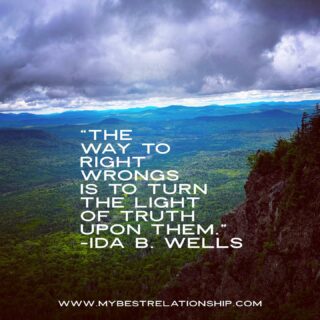
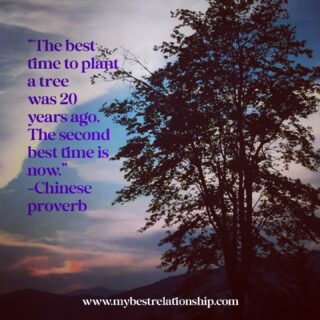
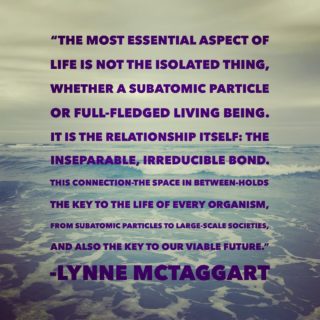
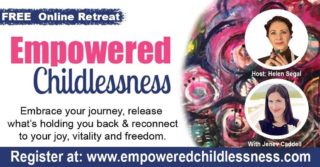

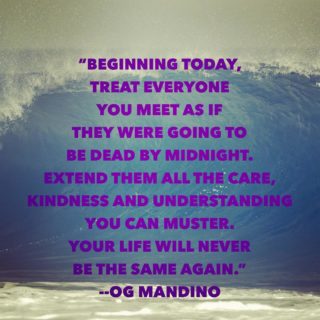
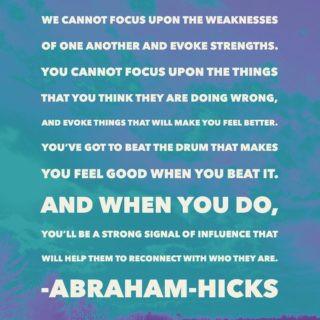

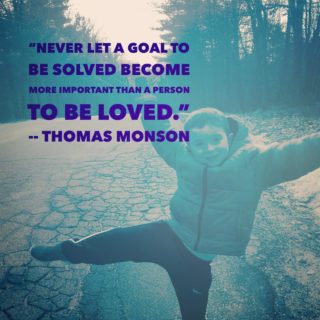

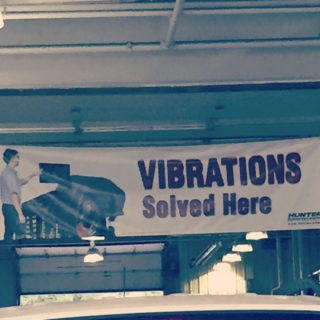


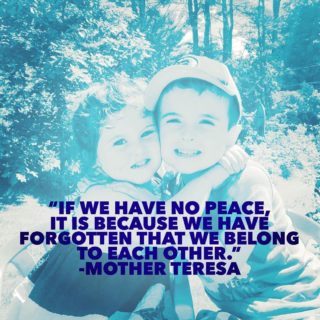
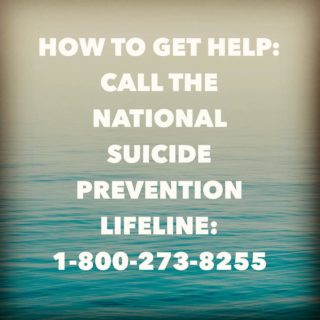
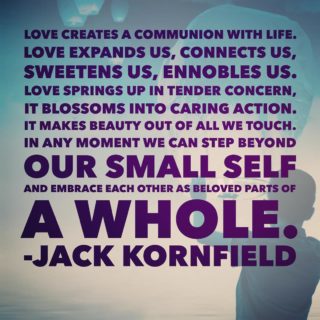
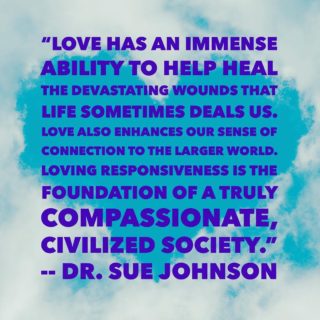
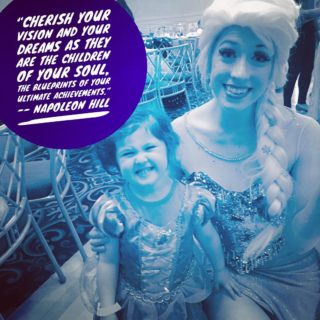
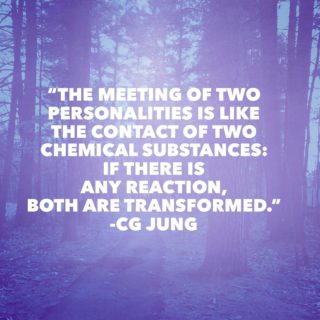
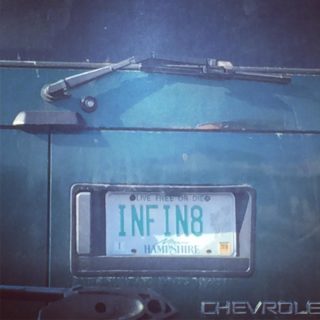
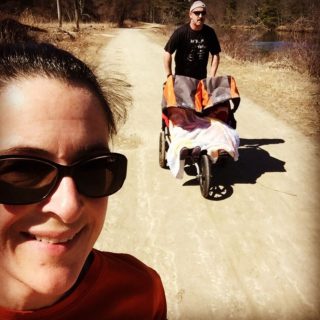
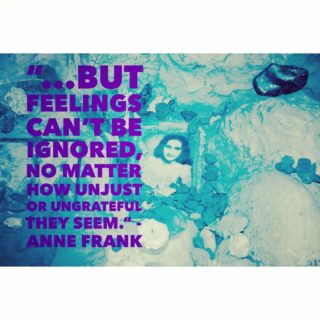
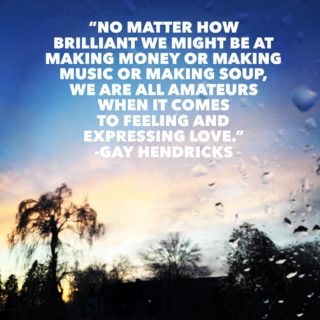

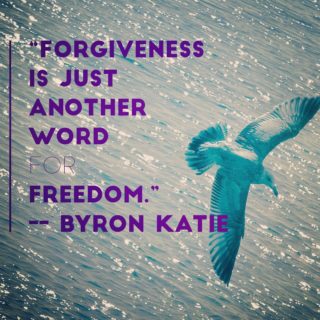



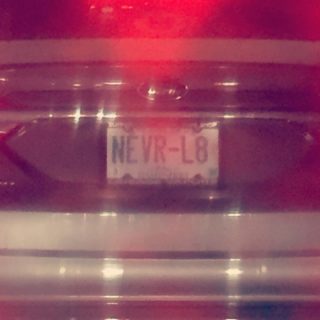
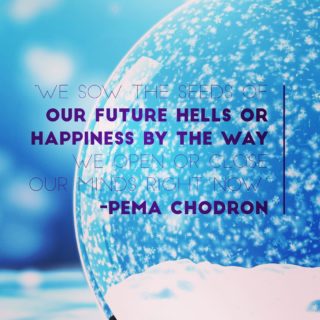

Leave a Reply